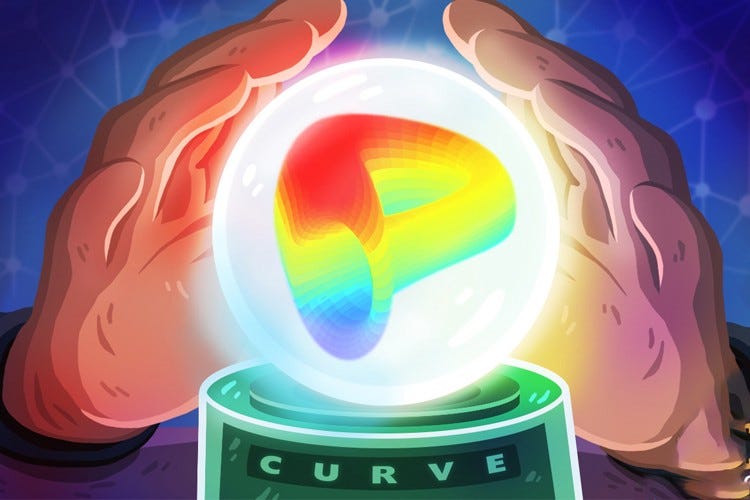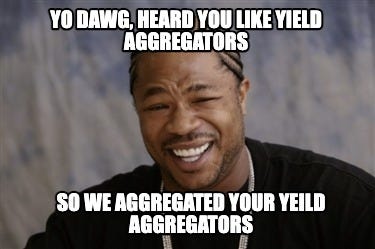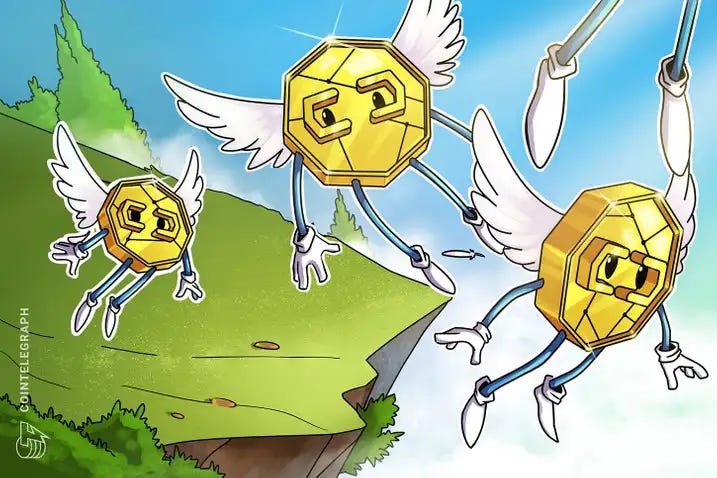Curve Wars: The Future of DeFi Dependent on a Windows 98 Application
The race between various protocols that are continuously trying to ensure that their preferred pools are offering the highest $CRV rewards.
What is the Curve War?
The Curve war can be described as the race between various protocols that are continuously trying to ensure that their preferred pools are offering the highest $CRV rewards (‘bribes’). The Curve war is leading to increased buying pressure for $CRV.
Some of the biggest competitors that are wooing Curve token holders to lock their $CRV with them include StakeDAOHQ, ConvexFinance, and YearnFinance. Users who lock $CRV into veCRV are getting huge farming incentives in the form of $CVX, $SUSHI, and $SDT. Additionally, users who lock up Curve receive trading fees from the automated market maker, governance rights, and boosted rewards.
Yearn and Convex are the biggest competitors so far. Yearn did not have any real competition for staking veCRV before Convex came into the picture. However, they are not pure competitors as Yearn utilizes Convex’s products for generating yield for its vault.
What is Curve?
Curve is a decentralized exchange designed to provide the best possible rates for users who are trading stablecoins. Curve uses various liquidity pools to make trading efficient. Just like most decentralized finance protocols, Curve also has a native token known as $CRV.
Curve focuses on stablecoins, which means that liquidity providers are at lower risk since volatility is lower. $CRV’s growth can be attributed to two main reasons:
Tokenomics.
Growth of yield optimization protocols focusing on Curve Finance
Curve’s total supply is $3.03 billion, with about 62% distributed to liquidity providers, 30% shared among shareholders, 5% held as a community reserve, and 3% for employees.
What is a yield aggregator?
Yield aggregators are systems that automate the process of staking and collecting generated rewards on the users’ behalf. Yield aggregators optimize gas fee spending through various strategies, which may involve moving the tokens around various platforms thus maximizing yields via auto compounding.
Most yield aggregators have governance tokens that incentivize activity on the protocol. Holders of the governance token can vote or propose changes within the protocol. The more usage of the governance token on the protocol, the higher the fees generated which automatically translates to higher yields on the staked token.
Top Competitors in the Curve War
$YFI
Yearn.finance’s token: one of the biggest aggregator coins with a market cap of $1.27 billion and a TVL of $6.66 billion, as of writing of this article.
$CVX
The native token on the Convex Finance platform: $CVX has a market cap of $1.04 billion and a TVL of $15.45 billion, as of writing of this article.
$SPELL
The incentivization token on the Abracadabra platform: $SPELL has a market cap of $1.82 billion and a TVL of $4.66 billion, as of writing of this article.
$SDT
Stake DAO’s governance token: $SDT has a market cap of $60.18 million and a TVL of $213.04 billion, as of writing of this article.
As all these protocols compete, the overall winner is $CRV, whose price has risen by 70% over the last month. The Curve War isn’t ending anytime soon and it will get even more fierce if more competitors come into play and the protocols are forced to increase user incentives.









